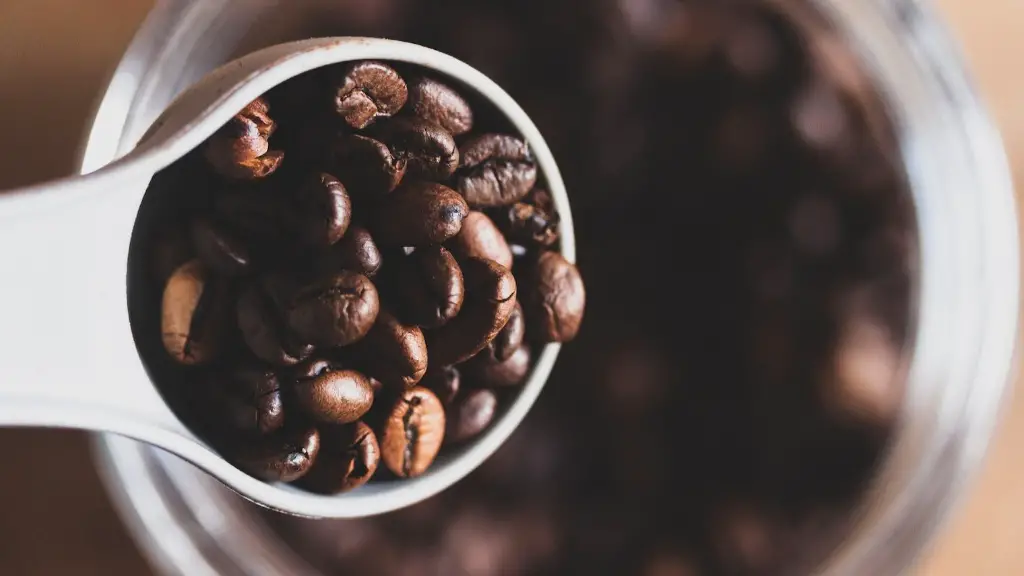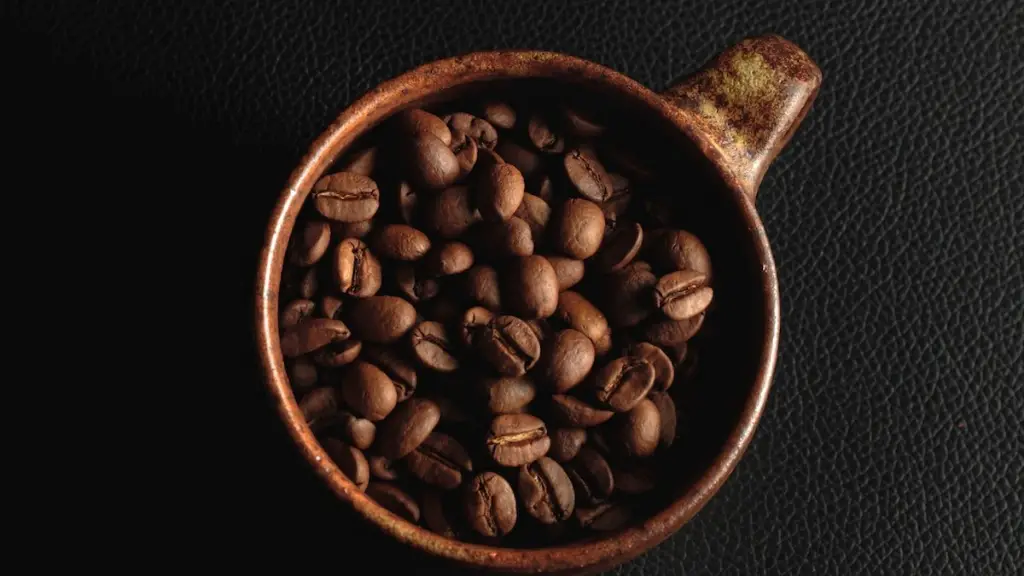Are you curious about the effects of coffee and intermittent fasting? Can you have coffee while fasting, and if so what are the implications? In this article, we will discuss the research surrounding this question, and provide insights from experts that could be helpful in understanding the impact of coffee on an intermittent fasting diet.
Intermittent fasting is a dietary pattern of cycling between periods of eating and fasting, commonly referred to as IF. Fasting periods generally last anywhere from 16 hours to a full day. Some popular fasting protocols include the 16:8 diet (16 hours of fasting, 8 hours of eating window), and the 5:2 diet (restricting calories to 500-600 per day for 2 out of 7 days). The idea behind IF is to provide a metabolic rest that can benefit overall health, weight loss, and even increase longevity.
Coffee is one of the most popular beverages in the world, and for good reason. It provides more antioxidants than most other beverages, and can help improve alertness and focus. Moreover, the polyphenols, the main antioxidant found in coffee, may have beneficial effects on blood sugar control and insulin sensitivity.
So with these facts in mind, can coffee be had while fasting? Depending on the type of IF that you are doing, coffee could potentially be an acceptable beverage. For example, if you are following the 16:8 diet and are in your 8 hour eating window, then coffee could be consumed. On the other hand, if you are doing the 5:2 diet and are in your 5 fasting days, coffee may not be the best choice due to its caloric content.
That being said, there are still some benefits to be gained from coffee even when fasting. For example, coffee is known to have appetite-suppressing qualities, which can be helpful for those trying to reduce their caloric intake. Additionally, coffee can help increase alertness and mental clarity, making fasting easier and more bearable.
That being said, coffee should only be consumed in moderation. Many studies have found a link between coffee consumption and digestive issues such as heartburn, bloating, and indigestion. Therefore, it is best to limit coffee consumption to 2-3 cups a day in order to avoid these issues. It is also important to note that some individuals may be more sensitive to the side effects of coffee than others, so if you are feeling unwell after drinking coffee it is best to discontinue use.
In conclusion, while coffee is not a necessary part of an intermittent fasting protocol, it may have some benefits depending on the type of fasting that is being done. It is important to remember to consume coffee in moderation, as excessive consumption could bring about unwanted side effects.
Pros of Drinking Coffee While Fasting
One of the main benefits of drinking coffee while fasting is that it can suppress hunger and reduce feelings of hunger and cravings. This can make fasting much more bearable, as it becomes easier to stay within the prescribed eating window. Additionally, coffee can help increase mental focus and alertness, making it easier to stay on track with an intermittent fasting regimen.
Cons of Drinking Coffee While Fasting
On the other hand, there are some potential downsides to drinking coffee while fasting. One is that coffee can dehydrate the body, since it is a diuretic. This can lead to headaches and fatigue, which can make intermittent fasting more difficult. Additionally, excessive coffee consumption can cause digestive issues such as heartburn, stomach pain, and nausea, which can interfere with daily activities. Finally, drinking too much coffee can lead to insomnia, which can disrupt the body’s metabolism and potentially inhibit weight loss goals.
Health Benefits of Coffee in General
Despite the potential downsides that come with drinking coffee while fasting, it is important to note that there are still some benefits to be gained from coffee in general. Coffee is rich in antioxidants, which can help protect the body from free radicals, reduce inflammation, and even improve cognitive function. Additionally, coffee contains polyphenols, which have been found to improve insulin sensitivity, reduce insulin resistance, and increase satiety.
Conclusion
In short, drinking coffee while intermittent fasting may be beneficial for some individuals depending on the type of fasting protocol they are using. It can help suppress the appetite and reduce hunger, as well as provide some healthful antioxidants. However, it is important to keep in mind that excessive coffee consumption can lead to dehydration, digestive issues, and even insomnia. Therefore, it is best to consume coffee in moderation when fasting.


